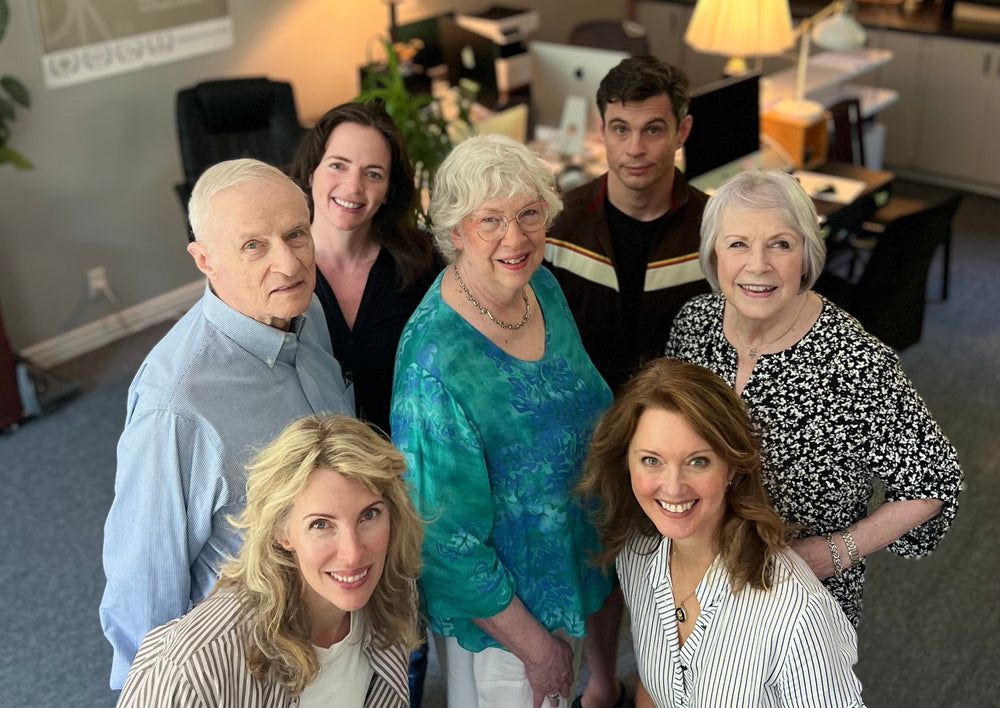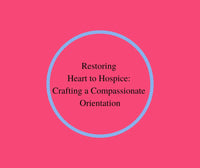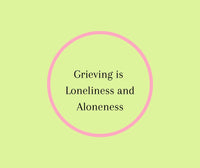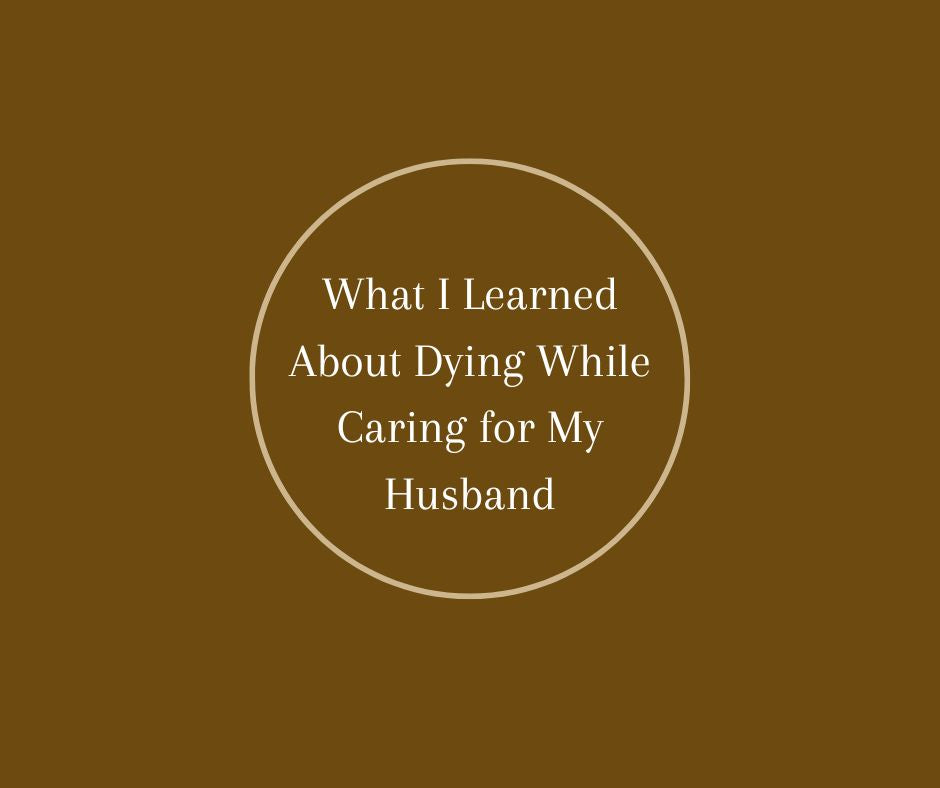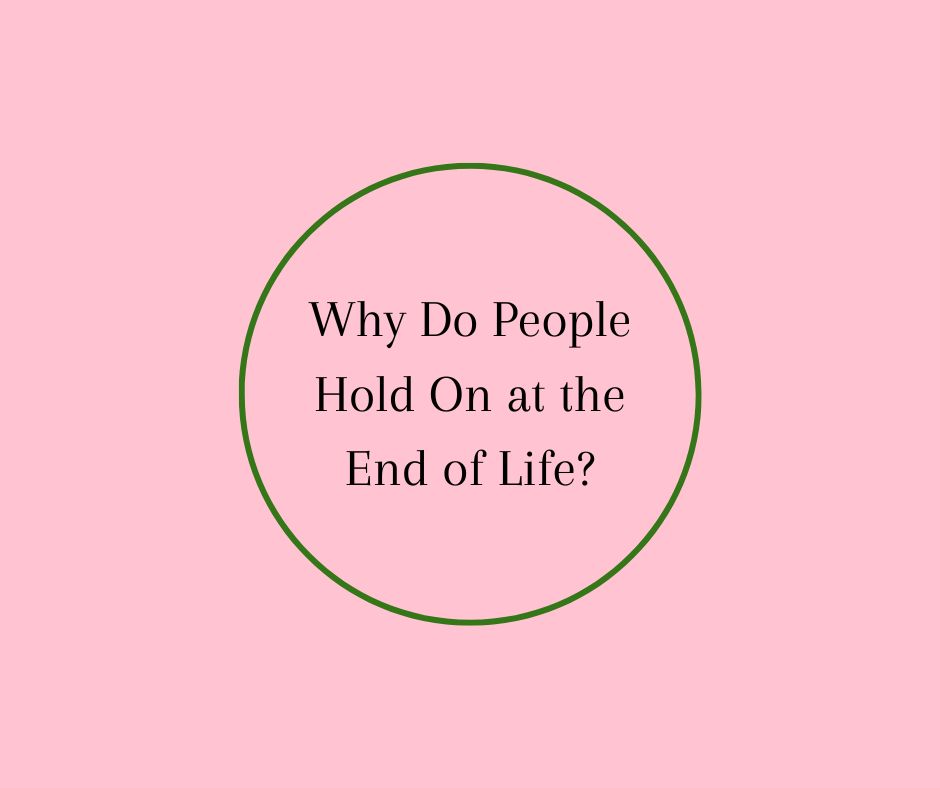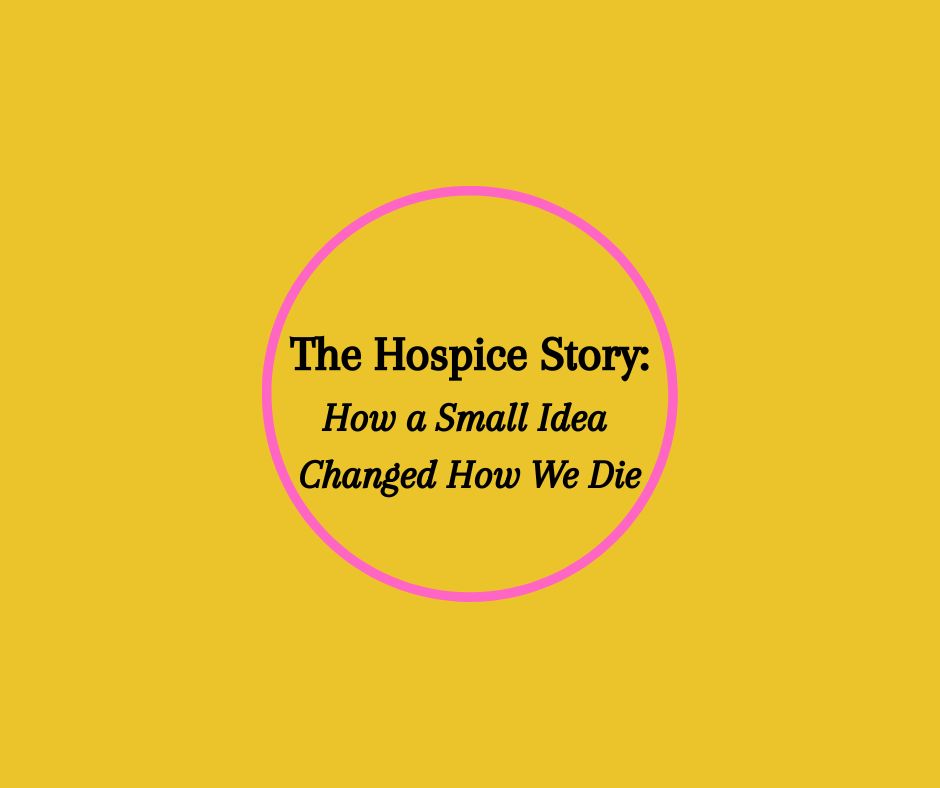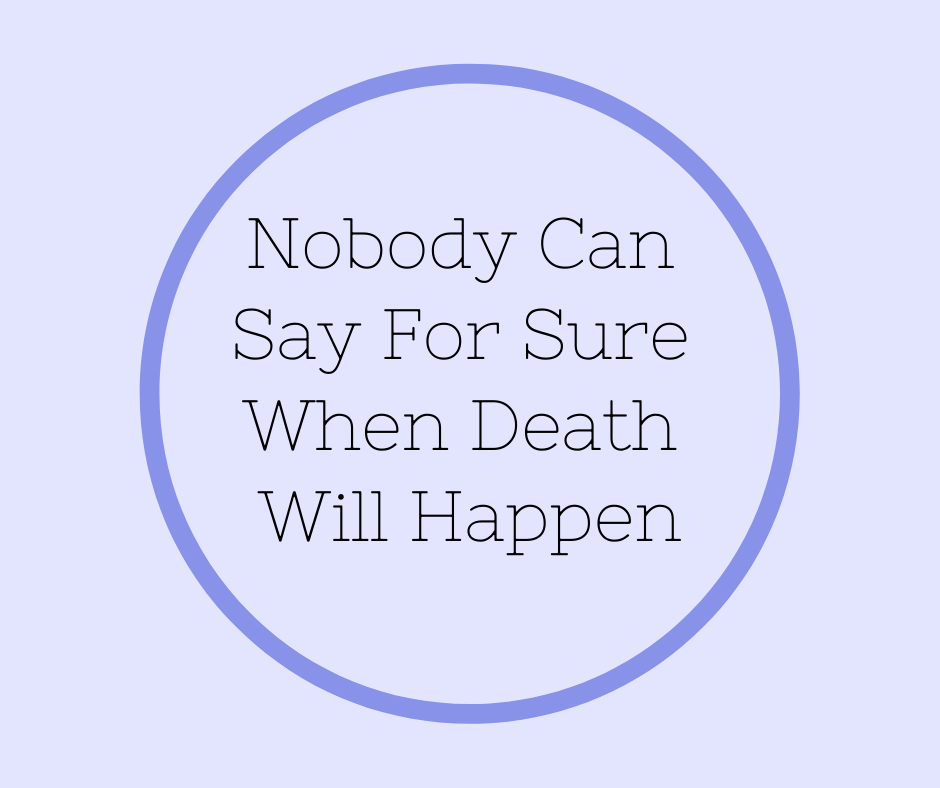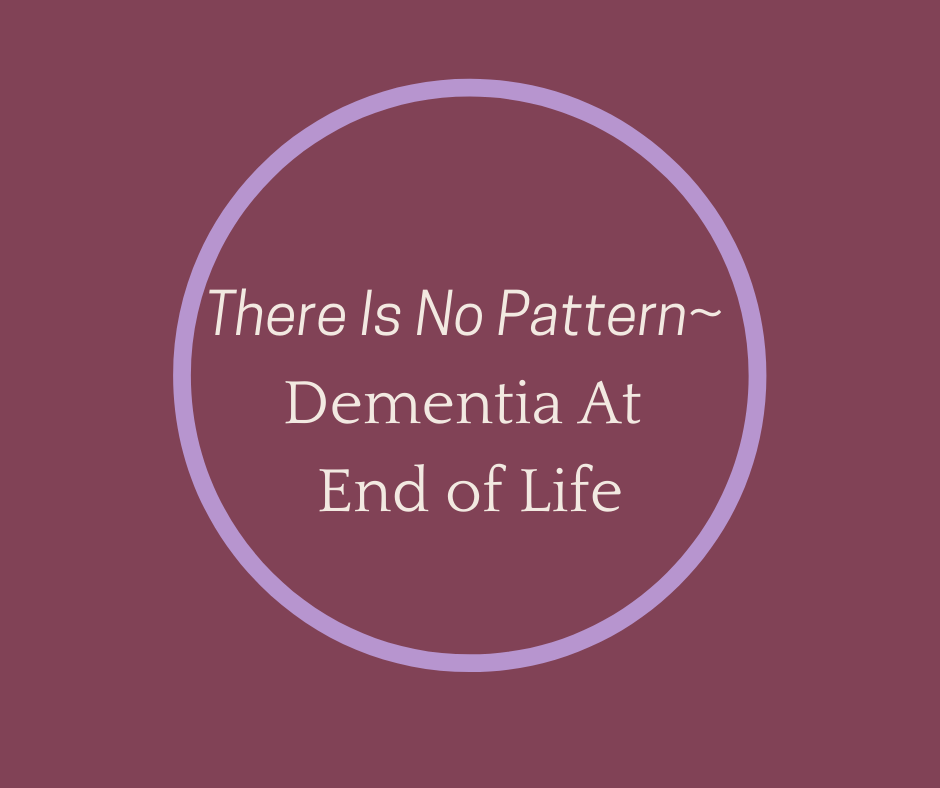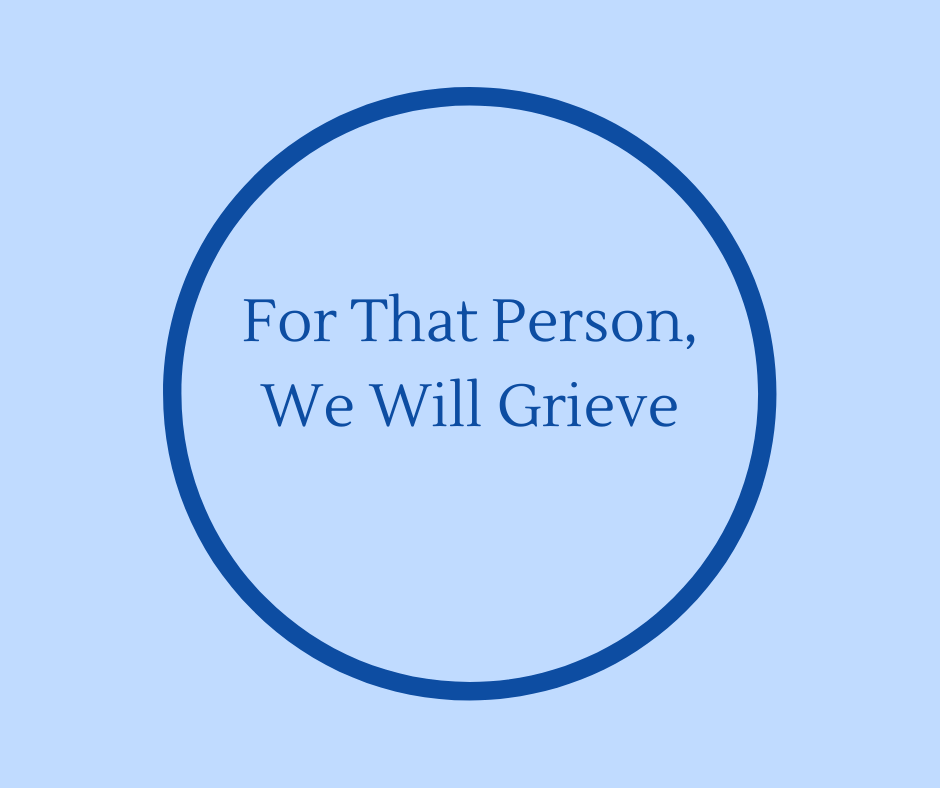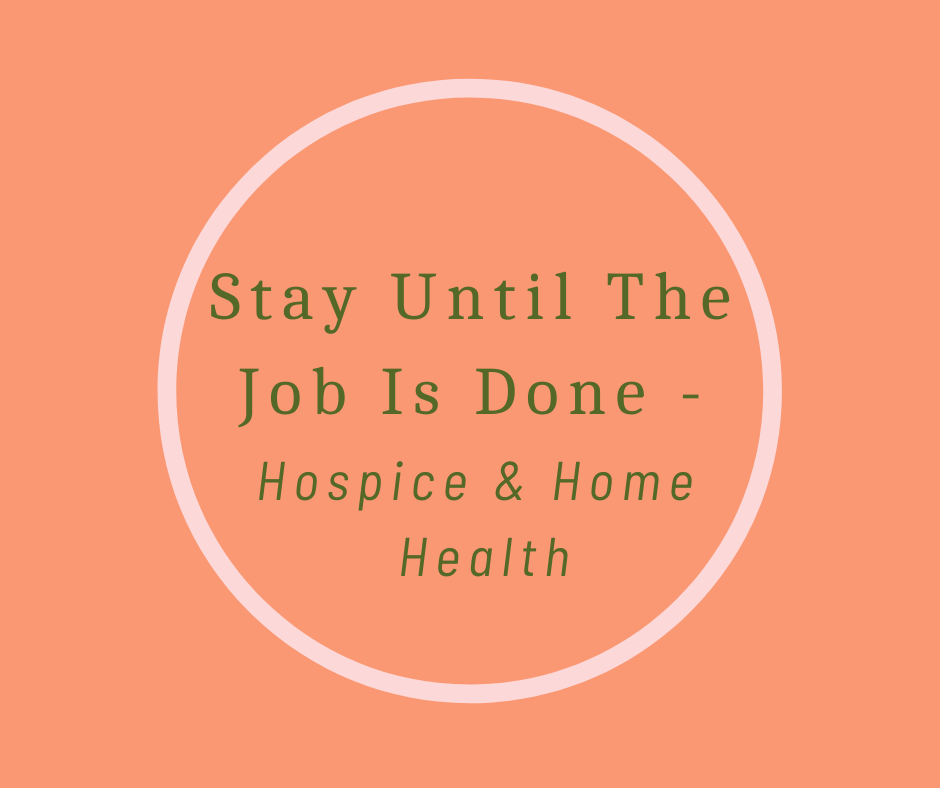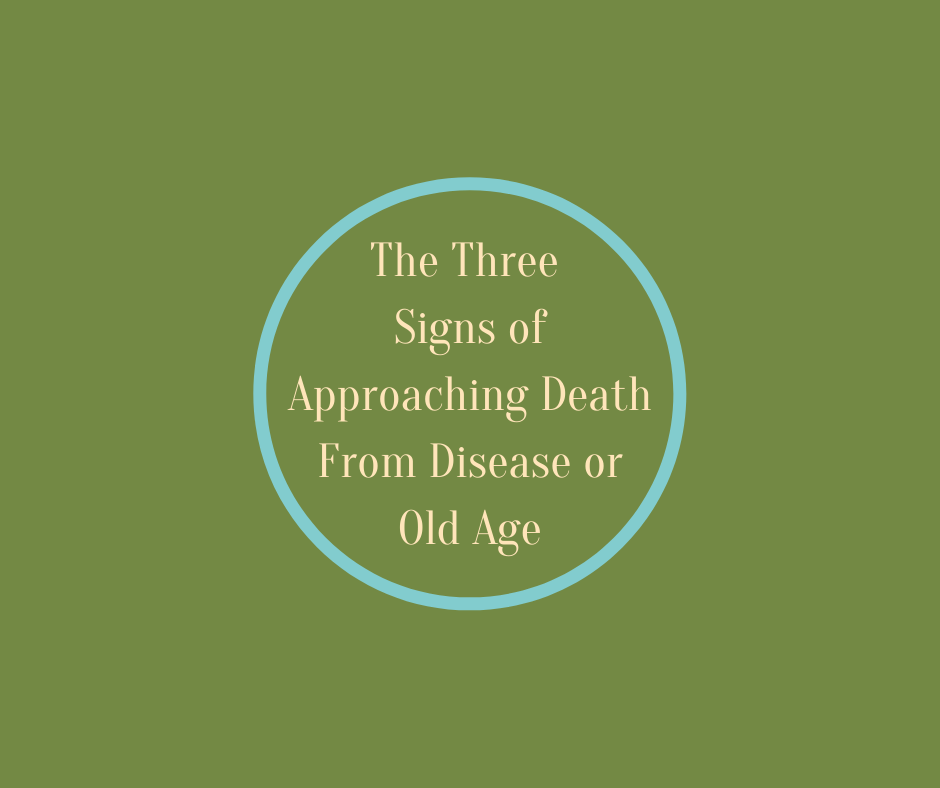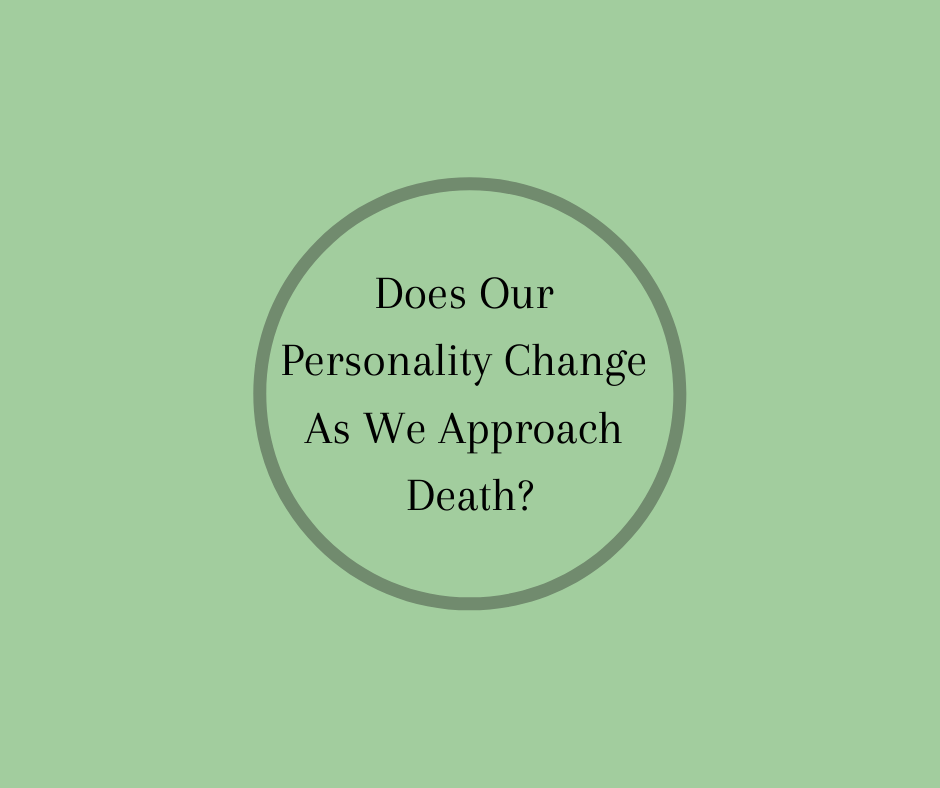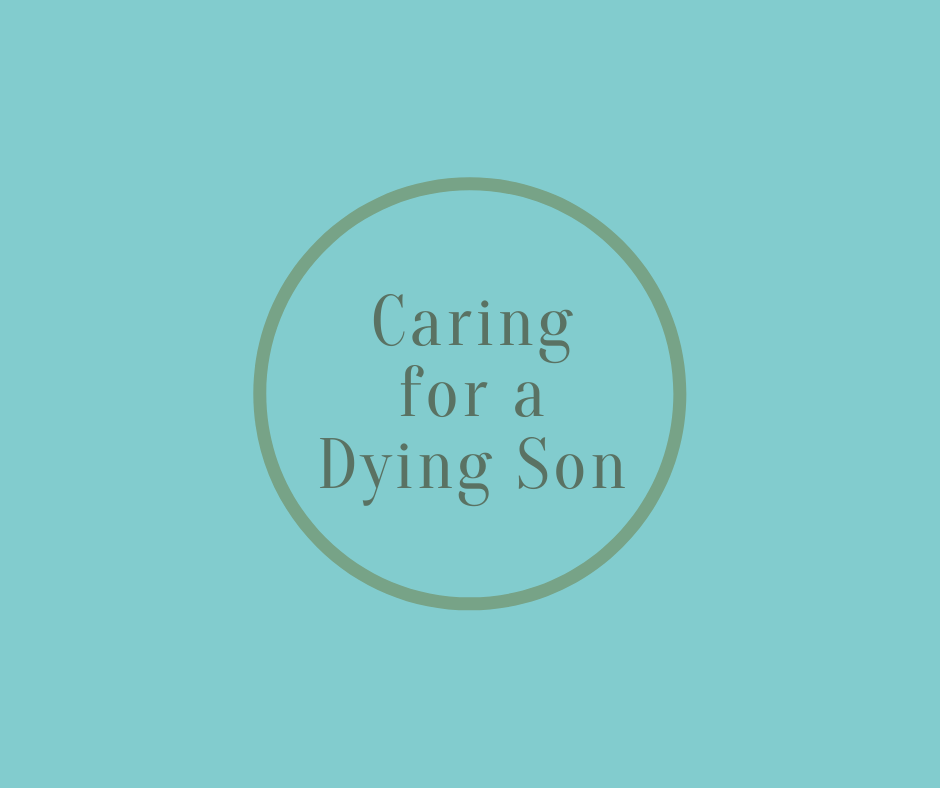
Something to Think About
a blog on end of life
- All posts
- addiction
- advance directive
- alzheimers
- Anger
- anticipation
- anticipatory grief
- Approaching Death
- assisted care
- assisted death
- Assisted Living
- Barbara Karnes
- bereaved
- Bereavement
- burnout
- BY YOUR SIDE A Guide for Caring for the Dying at Home
- cancer
- caregiver
- caregiver fatigue
- caregiver support
- caregiving at end of life
- children
- Clinician
- cna
- comfort care
- communication
- covid 19
- Dame Cicely Saunders
- Death
- death and dying
- death awareness
- death cafe
- death call
- death care
- death doula
- death education
- death midwife
- death of a pet
- death ritual
- dementia
- dementia doula
- diagnosis
- Director of Education
- disease
- DNR
- doctors
- dying
- dying looks different than expected
- dying pet
- dying process
- Dynamics of Dying
- Eating or not eating
- elderly
- Elisabeth Kubler-Ross
- end of life
- end of life doula
- end of life education
- end of life planning
- estate planning
- euthanasia
- family
- family caregiver
- father
- Fear
- Feeding
- Financial records
- Food
- food at end of life
- Funeral
- gift
- Gone From My Sight
- graduating from hospice
- gratitude
- Grief
- Grief Counselor
- grief support
- grieving
- Guilt
- holidays
- Home Care
- home death
- home health
- home healthcare
- Hospice
- Hospice Blue Book
- hospice care
- hospice chaplain
- hospice education
- hospice end of life care
- hospice for pets
- hospice myths
- hospice nurse
- hospice nurses
- hospice patient
- hospice physician
- hospice referral
- Hospice Social Worker
- Hospice Staff
- hospice volunteer
- hospice volunteer training
- hospital
- How Do I Know You ?
- How Do I Know You? Dementia at the End of Life
- Hydration or dehydration
- infant death
- joy
- labor
- labor at end of life
- life limiting
- life support
- loss
- media
- Medicade
- medical visits
- Medicare
- medication
- medications
- memory care
- midwife
- mindfulness
- moment of death
- morphine
- mother
- My Friend I Care
- narcotics
- New Rules For End Of Life Care
- No Code
- Not Eating
- nurse
- Nursing facility
- Nursing home
- nutrition
- Old Age
- older pet
- orientation
- oxygen
- pain
- pain at end of life
- pain management
- pain relief
- palliative care
- palliative sedation
- pandemic
- peace
- personality
- Pet death
- Pet illness
- physician
- podcast
- POLST
- prepare for death
- quality of life
- religion
- Retirement Home
- RN
- sacred
- self care
- seniors
- signs of approaching death
- sleep
- Social Worker
- spanish grief literature
- stages of grief
- sudden death
- Suicide
- Supervisors
- support
- terminal
- terminal agitation
- terminal diagnosis
- terminal illness
- terminal restlessness
- The Eleventh Hour
- The Final Act of Living
- This Is How People Die
- Time
- Time of Death
- trauma
- treatments
- vigil
- visions
- volunteer
- volunteers
- washing the body
- widow
- widowhood
- wife
- Will
- You Need Care Too
As for the “signs of what is to come” for someone who is young and dying, those signs are also the same for everyone, young and old. People dying from...
All the work we do leads up to the moment of death. Our goal is to guide and support those present through the moment the last breath occurs.
Just think of a woman in labor and what she is thinking about—-getting that baby out. The person that is dying is in labor also, working to leave the physical...
We cannot put a number on how long someone has to live. There are so many factors that affect the time of our gradual death that the closest anyone can...
In the months before death when the patient is still alert, still actively engaging, watch for clues, for openings to help bring the "what has life been about" thoughts forward...
The more you learn about end of life, what happens, what it looks like, the less fear you will bring to the experience and with less fear you can get...
Dying isn’t about the disease a person has. It is about the emotional, communal response to the person dying from the disease. It doesn’t require medical intervention. It requires comfort...
Know that all of these signs of approaching death, whether indicating months or weeks, are just guideposts. Some people will show all of them...
...Rapid breathing like your dad was doing is exactly where a small bit of morphine (5 ml is small) helps slow down those 40/50 breaths a minute to a more...
How do you answer a family member when they ask you how much longer their loved one has to live? That is a question most family members want to know and...
Most diseases have a pattern. You generally know what to expect. With dementia there seems to be no pattern, at least as far as approaching death is concerned until they...
Hospice was perfect for them. Charles had a life threatening illness, had refused further treatment, and they were alone. We were there to give them support and guidance. Charles and...
With Hospice you never know what you will find once you enter the home. Service can’t be time based. Visits have to be stay until the job is done and...
You asked why your relationship to your hospice work was affected following the death of your dad. I think because every time you entered a patient's home and life it...
Keeping Secrets: “Don’t tell mom.” Don’t say that she could die.” Don’t talk to her about “sad” things.” “Pretend everything is going to be alright.” Mom lives inside of her body....
I get a lot of letters like the one I’ve edited below. We, as a culture, are so unprepared for witnessing a death. We have no accurate role models. We...
Know that all of these signs of approaching death, whether indicating months or weeks, are just guideposts. Some people will show all of them...
We believe from all signs that death is rapidly approaching. Then one morning they seem to actually wake up. They are less confused, they want to eat, or get up....
First, what is meant by “dying person”? In the months before death most people really don’t believe they are dying. “Other people die, not me. There will be a cure,...
Our children are not supposed to die before we do. I cannot think of any grief more intense than watching our child deteriorate before our eyes. We grieve their dying...
Sudden death by accident, suicide and certainly by violence intensifies those normal grief responses. Everything we feel with normal grief is as if we are being held under a magnifying...




